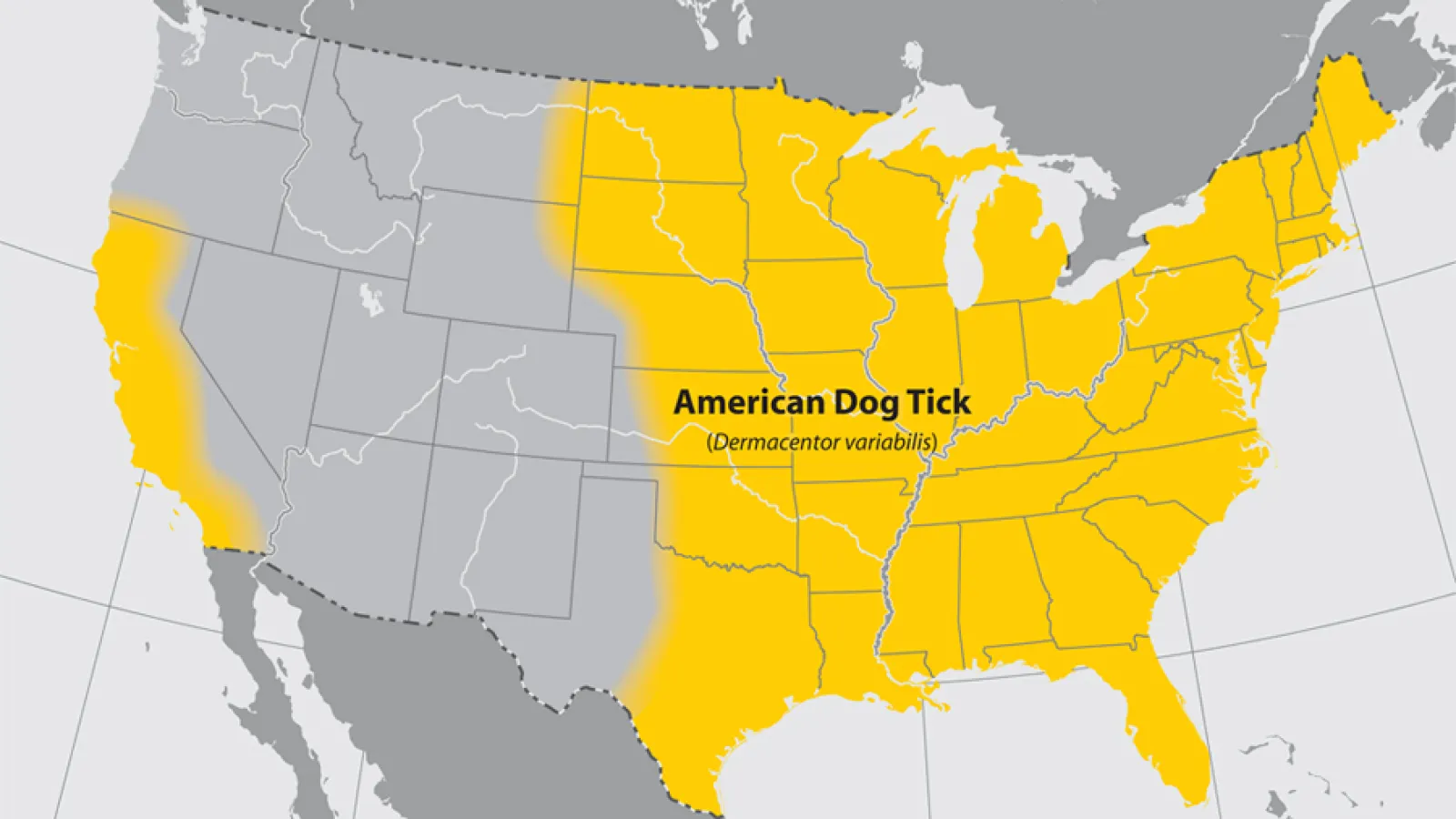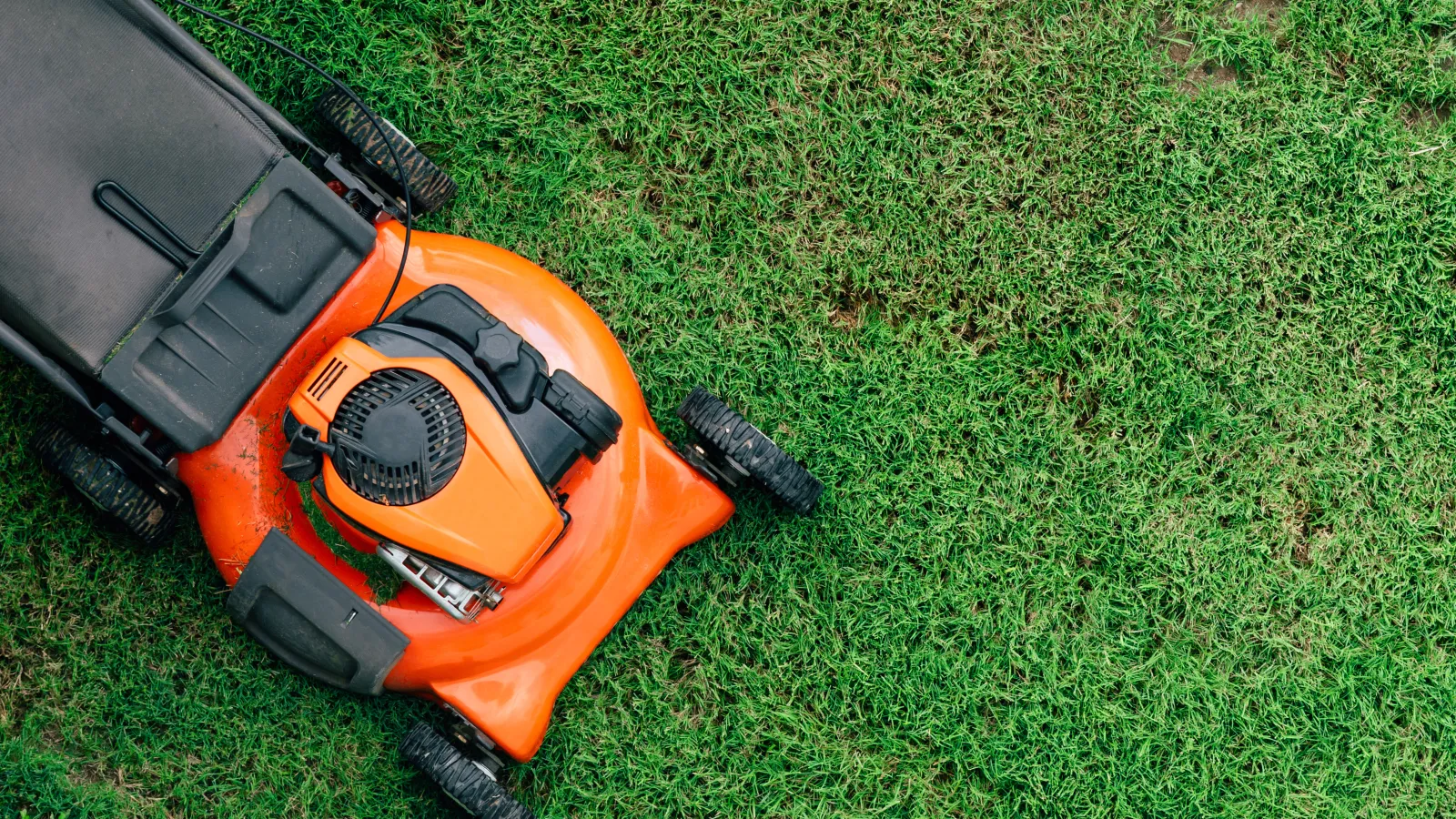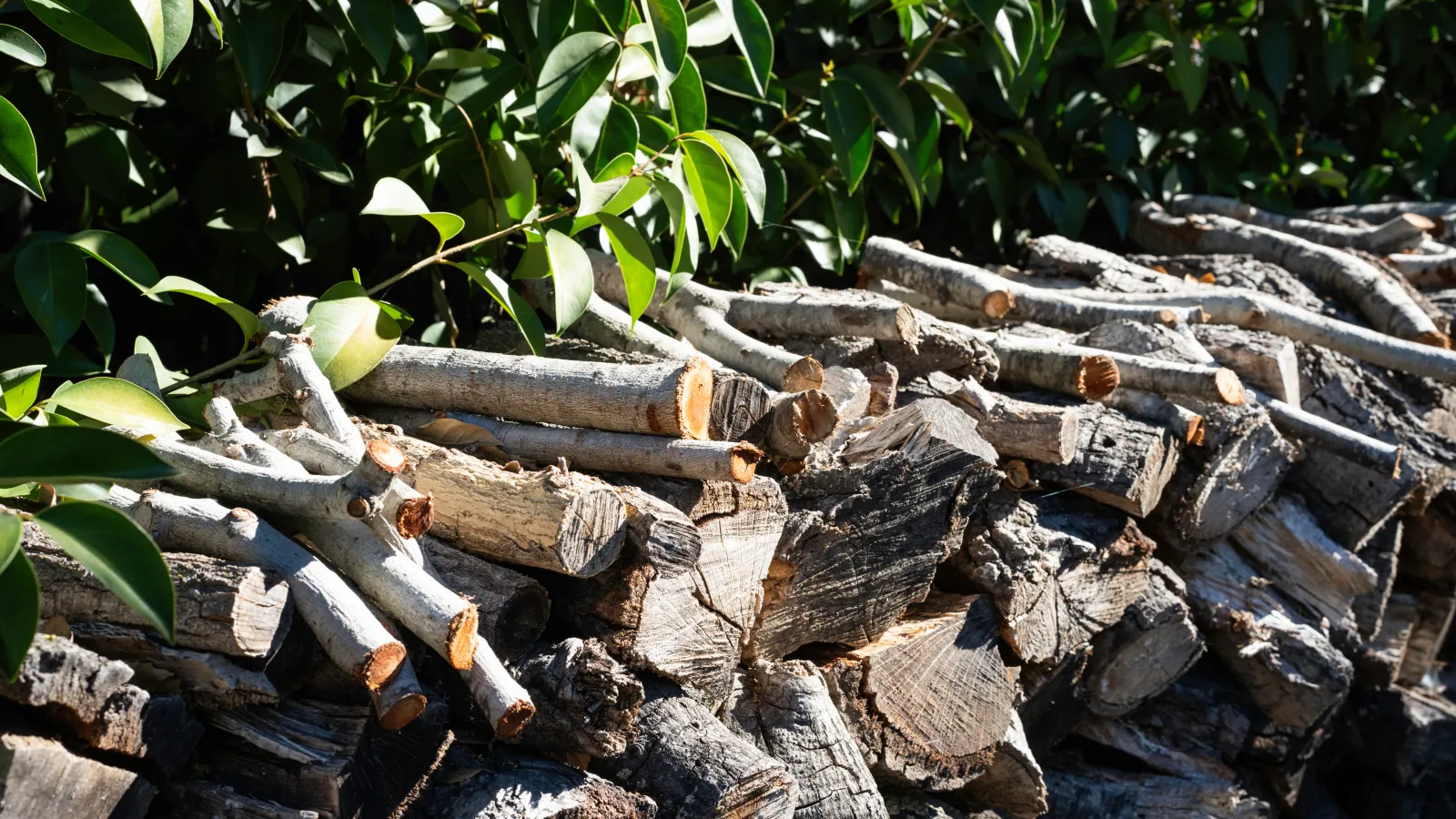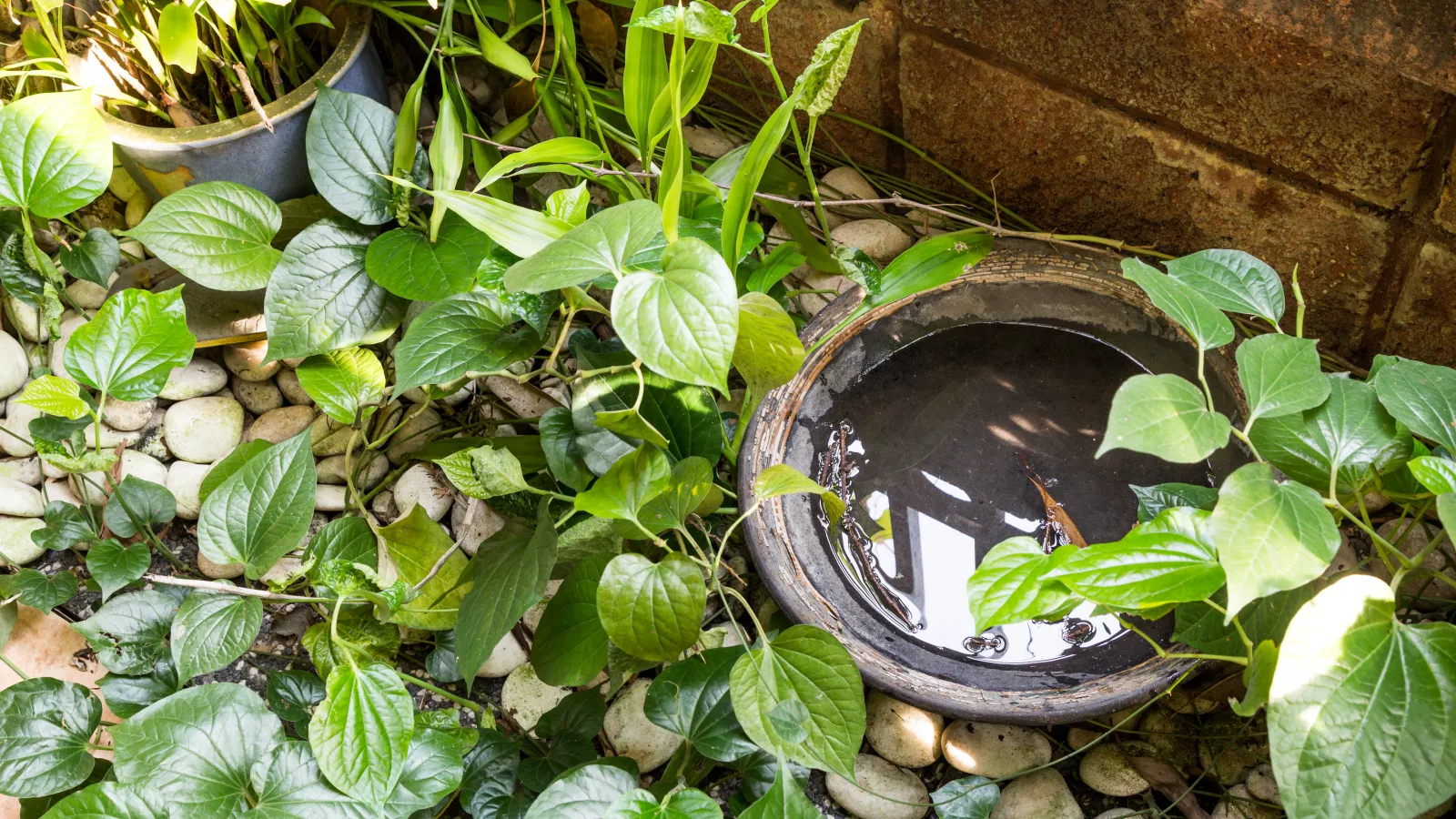
Yard Guard
Professional control for ticks, fleas and mosquitoes
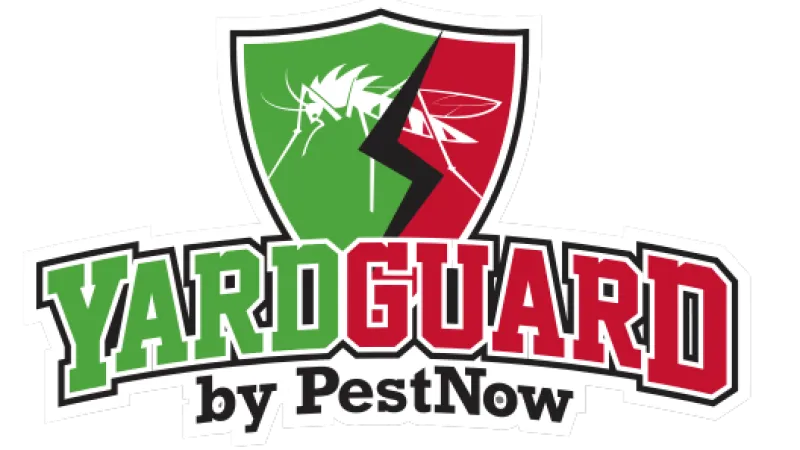
Yard Guard:
Outdoor Lawn Protection
From fleas, ticks & mosquitoes
We target fleas, ticks & mosquitoes at every stage of their life cycle for maximum control and long-term relief. Upon arrival, our technicians will:
- Identify and treat mosquito breeding areas with larvicides
- Recommend changes to reduce standing water and moisture retention
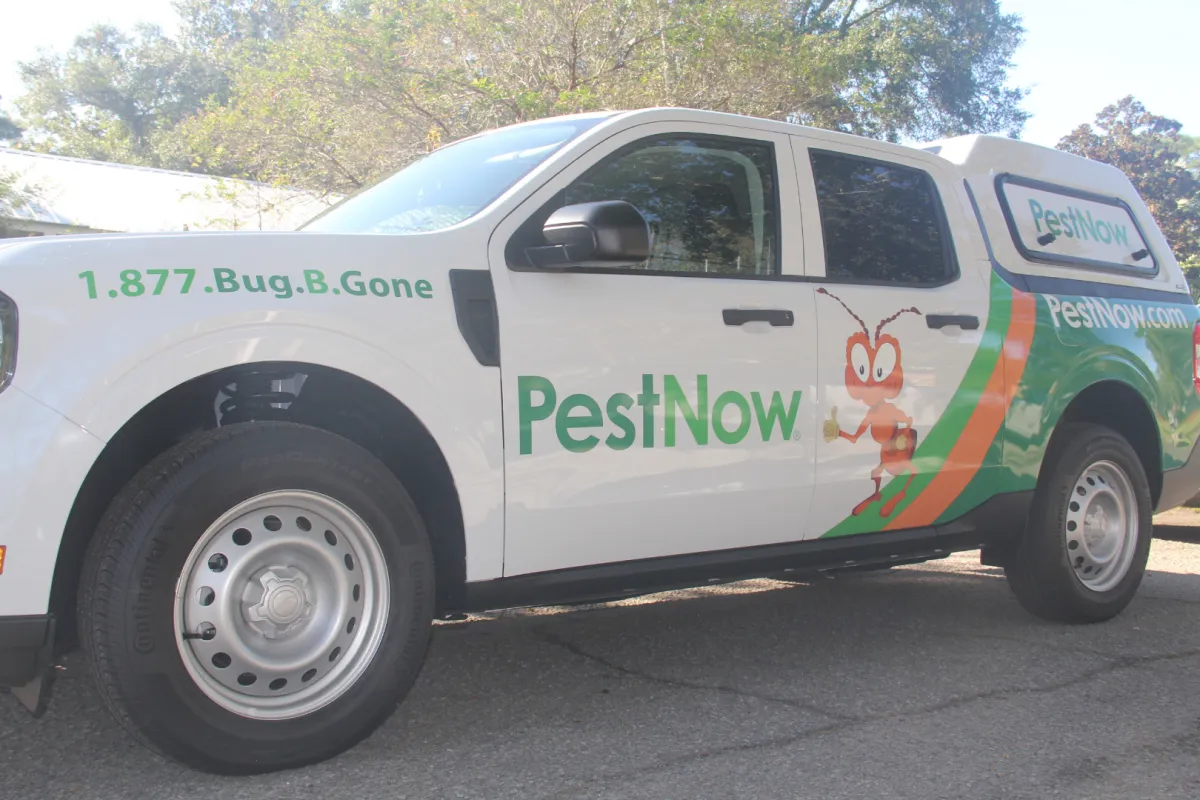
How PestNow Helps
Search & Destroy (Source Reduction) We don't just spray; we investigate. Our specialists scout your property for "hot spots" like clogged gutters, damp mulch, and standing water.
The Goal: Disrupt the life cycle. We apply EPA-approved larvicides to breeding grounds, stopping the next generation of pests before they ever hatch.
Step 2: The Barrier Blast (Population Reduction) Using professional-grade power misting technology, we treat the areas where adult pests hide—dense shrubbery, tall grass, and under decks.
The Goal: Instant relief. Our treatment kills adult mosquitoes, fleas, and ticks on contact and leaves behind a protective barrier that keeps them away for up to 30 days.
PestNow provides Yard Guard Treatment, monthly (April - October), ensuring your family and pets are protected throughout the entire peak season.
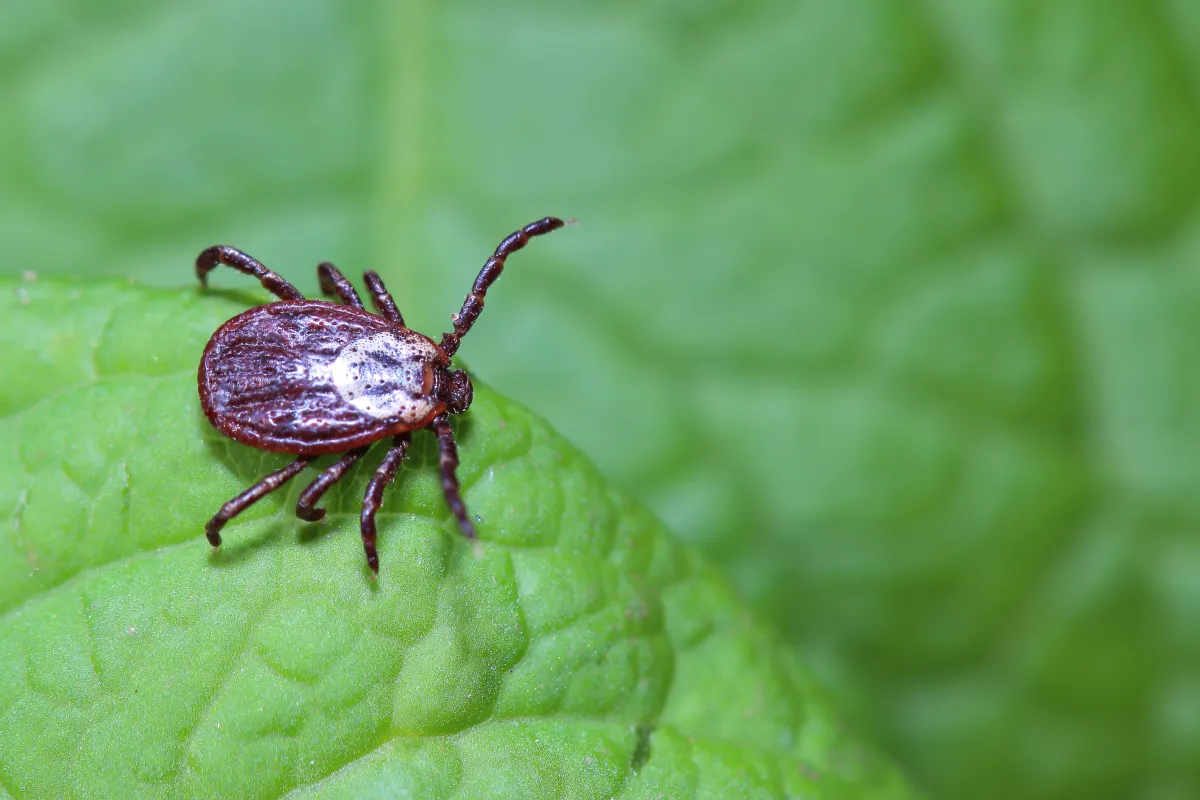
Tick Control
In the DMV area
Ticks are tiny parasites that can transmit serious illnesses, including Lyme disease, Rocky Mountain spotted fever, and ehrlichiosis, often without you even realizing you've been bitten. Due to their small size and stealthy behavior, ticks are often easily overlooked until health symptoms appear.
PestNow's Yard Guard Program directly targets ticks by applying EPA-approved larvicides to areas where ticks are likely to breed. Our local experts also use professional-grade mist blowers, and we apply targeted treatments deep into tick-prone zones, including dense vegetation and shaded areas.
This method knocks down adult ticks on contact while creating a long-lasting barrier to prevent reinfestation.
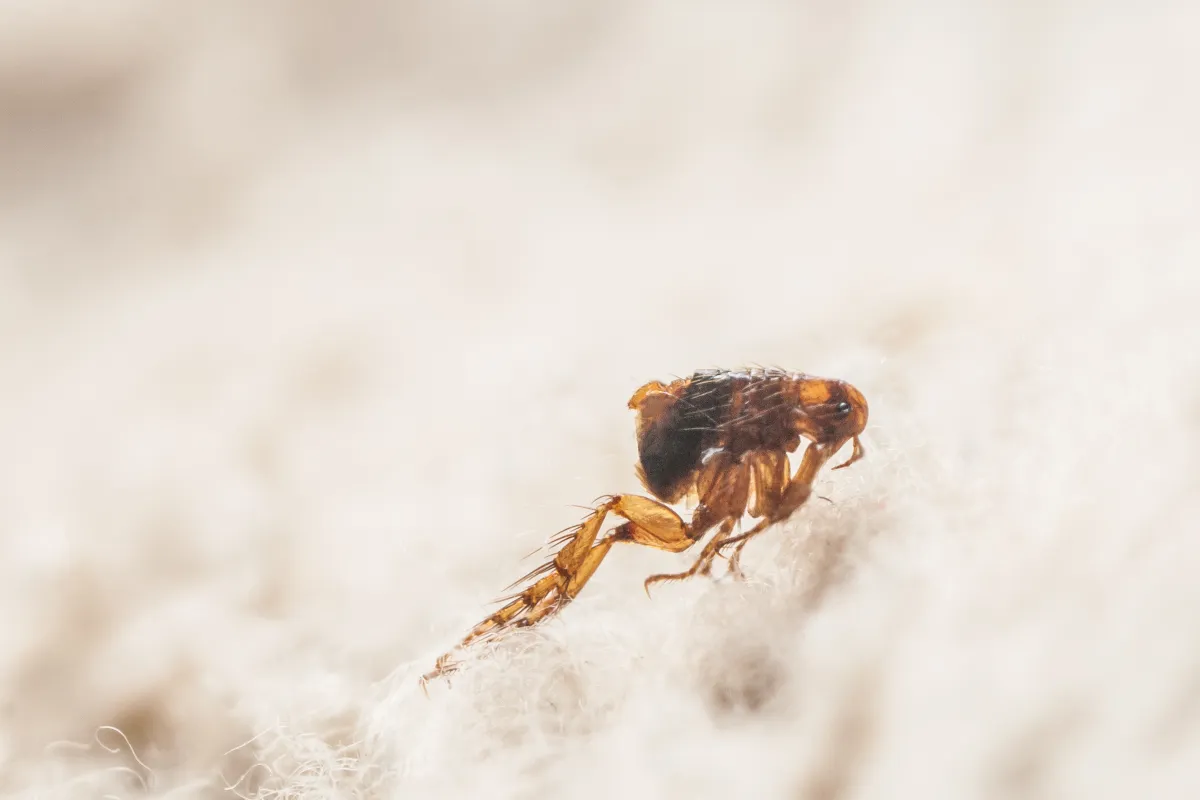
Flea Control
Get rid of fleas
Fleas are fast-breeding parasites that can quickly turn your yard—and even your home—into an uncomfortable, infested environment. Known for causing relentless itching, skin irritation, and allergic reactions in both pets and people, fleas are more than just a nuisance. They can also transmit diseases such as tapeworms and flea-borne typhus. What many people don't realize is that you don't have to own pets to experience a flea problem. Wildlife like raccoons, opossums, and rodents often carry fleas and can introduce them into your outdoor spaces.
Fleas thrive in shaded, humid environments and are commonly found in tall grass, overgrown vegetation, leaf litter, and mulch beds. They also hide under decks, porches, and in cool corners of the yard where they're protected from direct sunlight.
PestNow's Yard Guard Program targets the areas where fleas are most likely to thrive, disrupting their life cycle with monthly treatments for effective, long-term control.
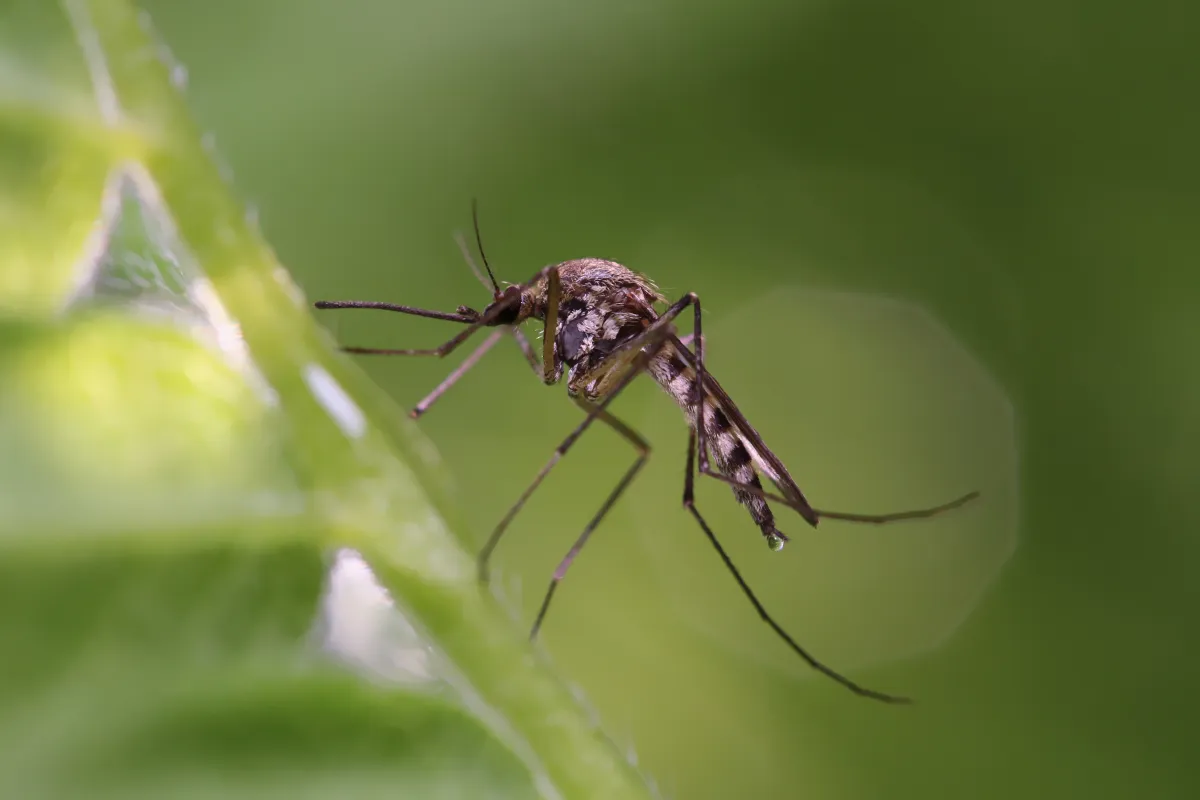
Mosquito Control
Mosquito reduction specialists
Mosquitoes are the most dangerous pests in the world! Their bites cause red, itchy welts that can make time outdoors miserable for families and pets. But the real concern is their ability to transmit serious diseases. In the U.S., mosquitoes are known carriers of West Nile virus, Eastern equine encephalitis (EEE), Zika virus, and dengue fever. Infected mosquitoes transmit these illnesses through a single bite, posing serious health risks, especially to children, the elderly, and people with compromised immune systems.
Beyond the health dangers, mosquito infestations can make it nearly impossible to enjoy your yard. These pests are most active during dawn and dusk, but they can remain in shaded, humid areas throughout the day, especially near standing water or overgrown vegetation. Female mosquitoes need blood to lay eggs, so they're constantly seeking hosts. Without effective mosquito control, populations can quickly get out of hand, especially during the warmer months.
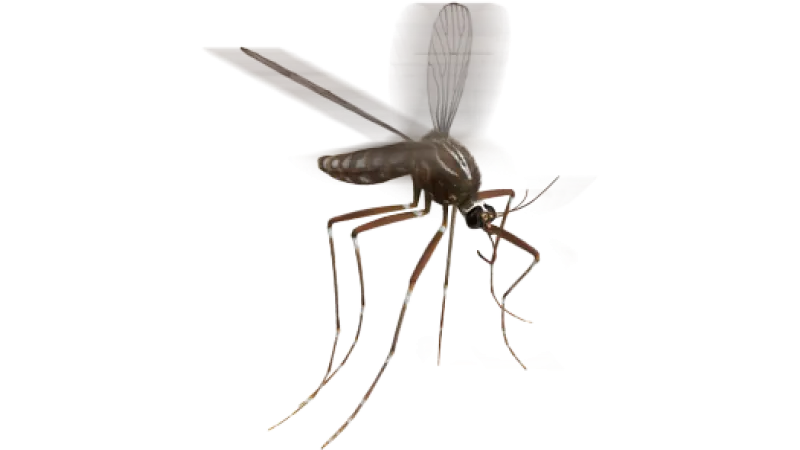
Tick, Flea and Mosquito Questions
Take back your outdoors with these commonly asked questions.
What diseases can fleas transmit to humans and pets?
Fleas can transmit diseases such as typhus, bartonellosis (cat scratch fever), and, in some regions, the plague. They can also cause allergic reactions and skin irritations in pets and humans.
How can I prevent flea infestations in my home and on my pets?
Regularly vacuuming carpets and furniture, washing pet bedding, and using flea-prevention products on pets can help prevent flea infestations. Additionally, treating outdoor areas with professional flea control can reduce populations in your yard.
What are the health risks associated with tick bites?
Tick bites can transmit diseases such as Lyme disease, Rocky Mountain spotted fever, and ehrlichiosis. Symptoms can range from mild to severe, including fever, rash, joint pain, and fatigue.
Where are ticks commonly found, and how can I protect myself from tick bites?
Ticks are often found in wooded and grassy areas and in shrubs and leaf litter. To protect yourself from tick bites, wear long sleeves and pants, use insect repellents containing DEET or permethrin, and perform tick checks after outdoor activities.
What diseases can mosquitoes transmit, and how can I protect myself from mosquito bites?
Mosquitoes can transmit diseases such as West Nile, Zika, dengue, and malaria. To protect yourself from mosquito bites, use insect repellents, wear long sleeves and pants, and eliminate standing water around your home where mosquitoes breed. PestNow's Yard Guard service also protects against mosquitoes.
How can I reduce mosquito breeding sites around my home?
Eliminate standing water in containers, bird baths, gutters, and other areas where mosquitoes can breed and keep grass and vegetation trimmed.
What are the most effective methods for controlling fleas, ticks, and mosquitoes in my yard?
Effective yard control measures include our Yard Guard services, keeping grass and vegetation trimmed, and removing leaf litter and debris.
How often should I check my pets and family members for fleas, ticks, and mosquito bites, especially during peak seasons?
We suggest checking pets and family members for fleas, ticks, and mosquito bites regularly, especially after spending time outdoors or in areas where these pests are prevalent. More frequent checks may be necessary during peak seasons, such as spring and summer.
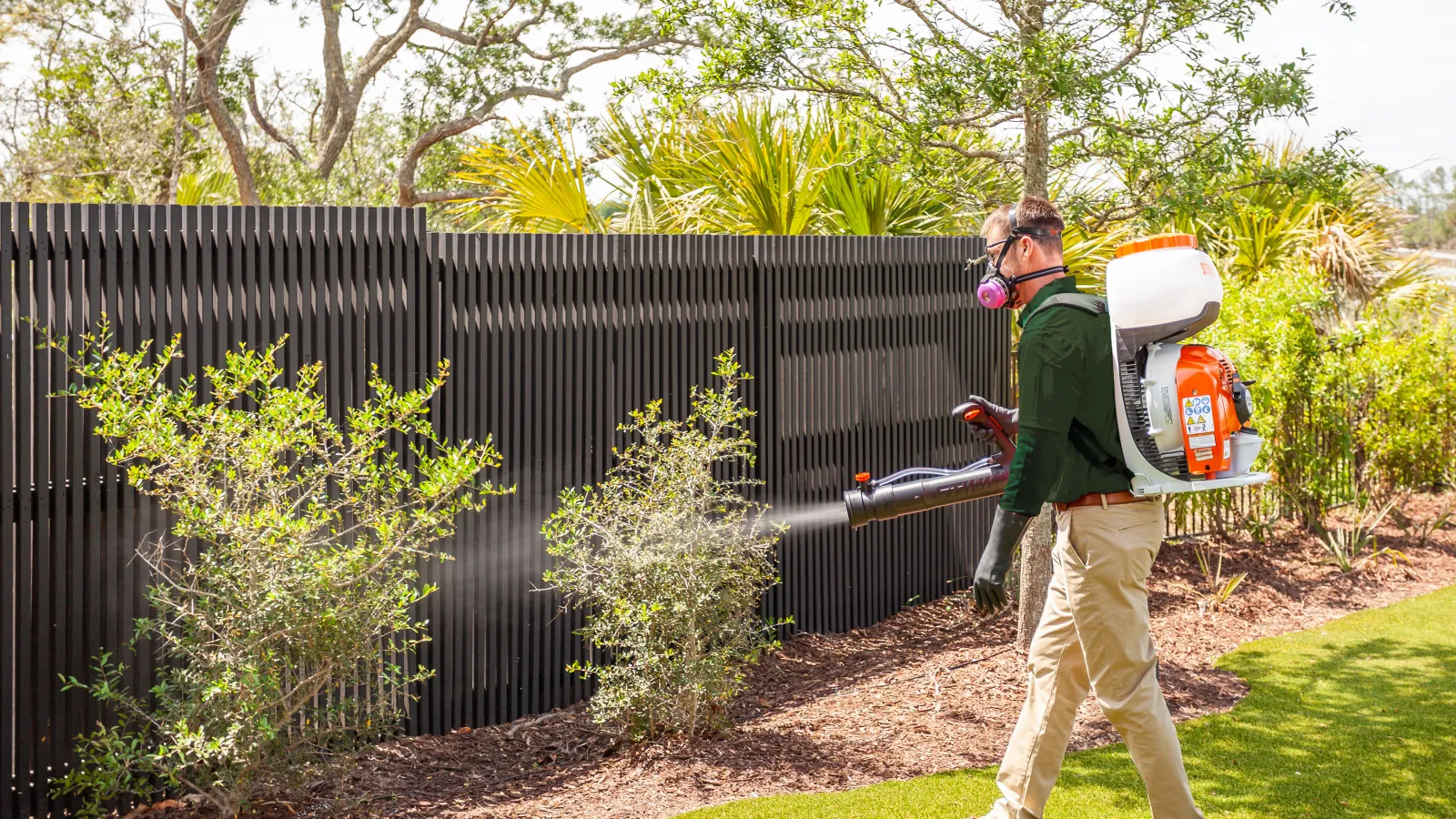
Most Common and Dangerous Ticks
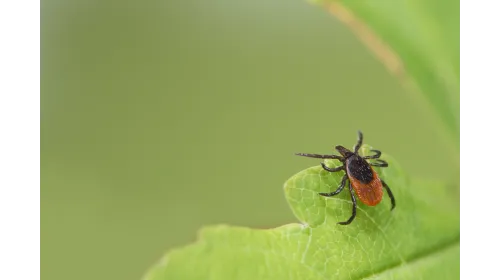
Deer Ticks
Ixodes Scapularis
Deer ticks, also known as black-legged ticks, are tiny blood-sucking parasites found in wooded and grassy areas across D.C., Maryland, and Virginia. They are known carriers of Lyme disease and other illnesses, making prompt detection and removal crucial to protect your health.
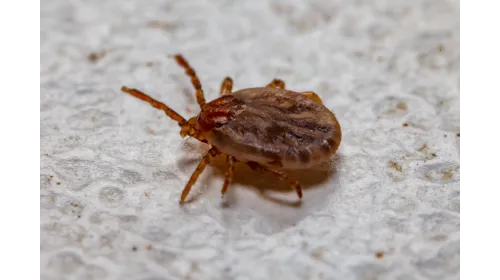
American Dog Ticks
Dermacentor Variabilis
The American dog tick is a common vector for diseases such as Rocky Mountain spotted fever and tularemia. They typically feed on medium to large mammals like dogs or humans and can remain attached for several days while engorging on blood. Their bites can cause itching, fever, and sometimes tick paralysis.
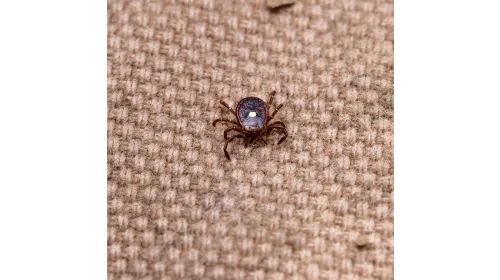
Lone Star Ticks
Amblyomma Americanum (Linnaeus)

